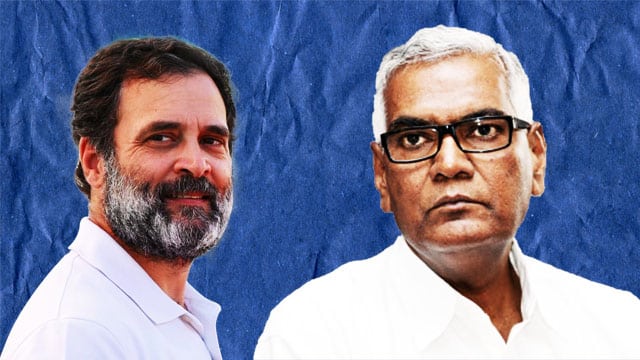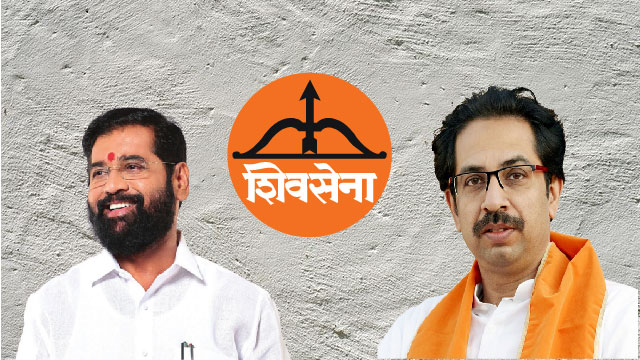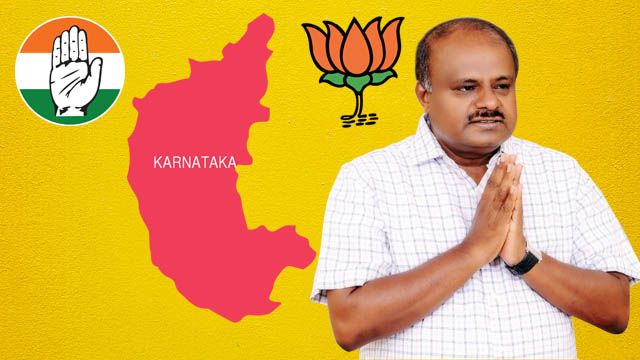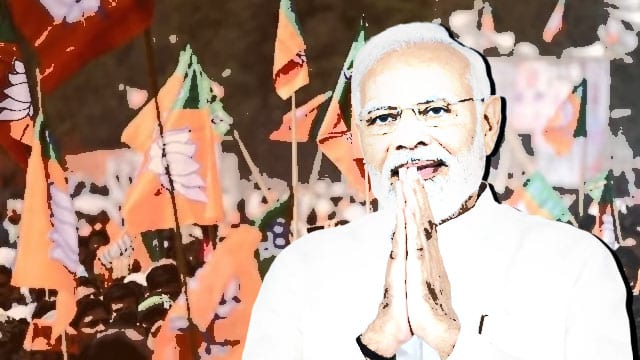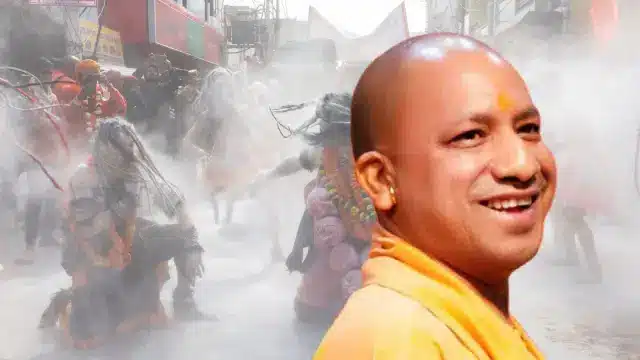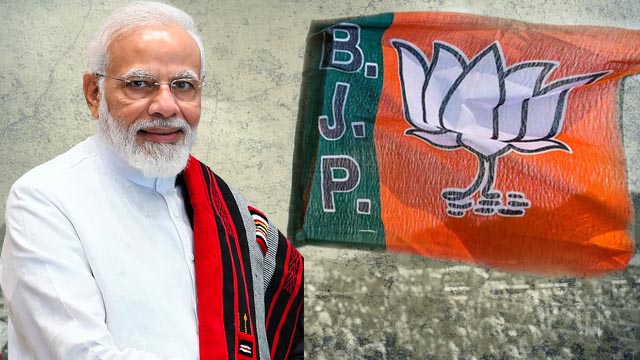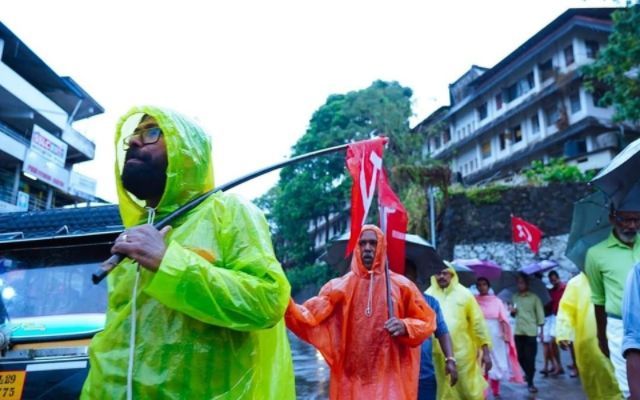The Communist Party of India (CPI) is reportedly going to request the Indian National Congress (INC), its partner in the newly founded Indian National Developmental Inclusive Alliance (INDIA) coalition, to reconsider Rahul Gandhi’s candidature from his current constituency in Kerala’s Wayanad in the forthcoming general elections.
According to the CPI, Gandhi, who has been trying to become the major contender against Prime Minister Narendra Modi’s incumbent federally ruling Bharatiya Janata Party (BJP), must not contest the parliamentary election against the left, which is the principal foe of the INC in Kerala, but instead choose a seat where he can contest directly against the BJP.
The CPI’s Kerala State Council has decided to pursue this agenda, which its National Council has reportedly agreed upon and the party’s general secretary D Raja may take it up with the INC’s top decision-making body All-India Congress Committee (AICC), which recently concluded its meeting in Hyderabad.
However, KC Venugopal, who is the INC’s representative in the INDIA coalition’s coordination committee where Raja is also a member, has reportedly told the press that the decision to field a candidate is the prerogative of the party and it will do what it deems necessary in this case. The Kerala Pradesh Congress Committee (KPCC) chief K Sudhakaran has also reportedly criticised the CPI, calling it an interference in its own affairs.
Gandhi contested against the BJP in his traditional constituency Amethi, Uttar Pradesh, in 2019, apart from Wayanad, where he contested against the CPI, one of the major constituents of the state’s ruling Left Democratic Front (LDF). Although Gandhi lost to the BJP’s Smriti Irani in Amethi, he won in Wayanad defeating his CPI rival PP Suneer by a margin of over 431,000 votes.
However, Gandhi’s victory in Kerala also bled the LDF, which could only win one out of the total 20 Lok Sabha seats in the state in 2019. The INC-led United Democratic Front (UDF) made a killing in the state during the general elections. The CPI now has two Lok Sabha MPs from Tamil Nadu and two Rajya Sabha MPs.
As the left parties, including the CPI, are members of the INDIA coalition, they are looking to increase their total vote share and number of members of the Parliament (MPs) from strongholds like Kerala. As the INDIA coalition formula won’t work in Kerala, where the LDF and the UDF are hostile to each other, the CPI fears it could lose its traditional seat if the INC fields Gandhi from Wayanad. The CPI has been contesting in Wayanad ever since the constituency was formed.
According to the CPI’s Kerala State Council, as Gandhi is projecting himself as an alternative to Modi and is spearheading the attack against the BJP’s ultra-right policies, which are based on Hindutva, the INC must prove Gandhi’s credentials by fielding him against the BJP in one of the states and ensure his victory against the saffron outfit than to field him against the reds.
The CPI and the LDF fear that the fielding of Gandhi from Kerala would affect the left’s overall electoral prospects, as it’s the only state from where the bloc can send the maximum number of MPs using the collective organisational strength and influence as a ruling entity. If Gandhi is fielded against the LDF in Kerala, where the BJP is virtually non-existent, it becomes easier for the INC and the entire UDF to sweep the polls in the state.
Even though the LDF has achieved an unprecedented second-term victory in the 2021 Kerala Assembly elections, it’s not confident of retaining the lead in the parliamentary elections, where the equations are different. Although the INDIA coalition has brought together the left parties and the INC, the hostility will remain intact in Kerala where they will have a bitter contest.
For the left, the loss of opportunity to send adequate MPs to the Parliament means a loss of opportunity for the labourers, the farmers and the marginalised people to bargain with the government and the powerful capitalist lobby of the country. The CPI and its allies are worried about such a possibility as it would further curtail the left’s presence in India’s legislative arena, where it has been marginalised due to the rise of the ultra-right Hindutva camp under Modi.
The CPI, which used to be the principal opposition party at the beginning of the republic’s parliamentary journey, has seen a large-scale erosion in its vote bank. The party suffered a setback in 1964 when there was a major split on ideological issues and the CPI (Marxist) or CPI(M) was founded. The CPI(M) achieved far more success in the electoral arena vis-a-vis the CPI until it suffered a major debacle in the 2019 elections when Modi’s BJP won a landslide victory fighting the anti-incumbency wave with jingoistic rhetoric.
Although the CPI had won the national party status in 1989, it lost it in April 2023, when the Election Commission of India (ECI) downgraded its status based on the party’s dismal performance in the 2019 Lok Sabha elections and the subsequent state legislative elections.
To earn and retain a national party status, a political party in India needs to be recognised as a state party in at least four states and must have at least two members in the respective legislative assemblies and 2% of the Lok Sabha seats, according to the Election Symbols (Reservation and Allotment) order, 1968. Moreover, to be recognised as a state party, a political party needs to win two seats and secure a minimum of 6% votes in the respective state.
As a national party, a political outfit has the right to use its common symbol across the country to contest elections and get free airtime on national broadcasters. Moreover, there are other campaign benefits for recognised national parties, which others can’t avail of.
The INDIA coalition is formed by over 27 opposition parties from diverse camps with a single objective of defeating the BJP in the 2024 general elections. The CPI and the CPI(M), apart from other left parties, are also members of the coalition. However, due to compulsions at the state level, the coalition won’t be functional in states like Kerala and West Bengal.
Tanmoy Ibrahim is a journalist who writes extensively on geopolitics and political economy. During his two-decade-long career, he has written extensively on the economic aspects behind the rise of the ultra-right forces and communalism in India. A life-long student of the dynamic praxis of geopolitics, he emphasises the need for a multipolar world with multilateral ties for a peaceful future for all.

